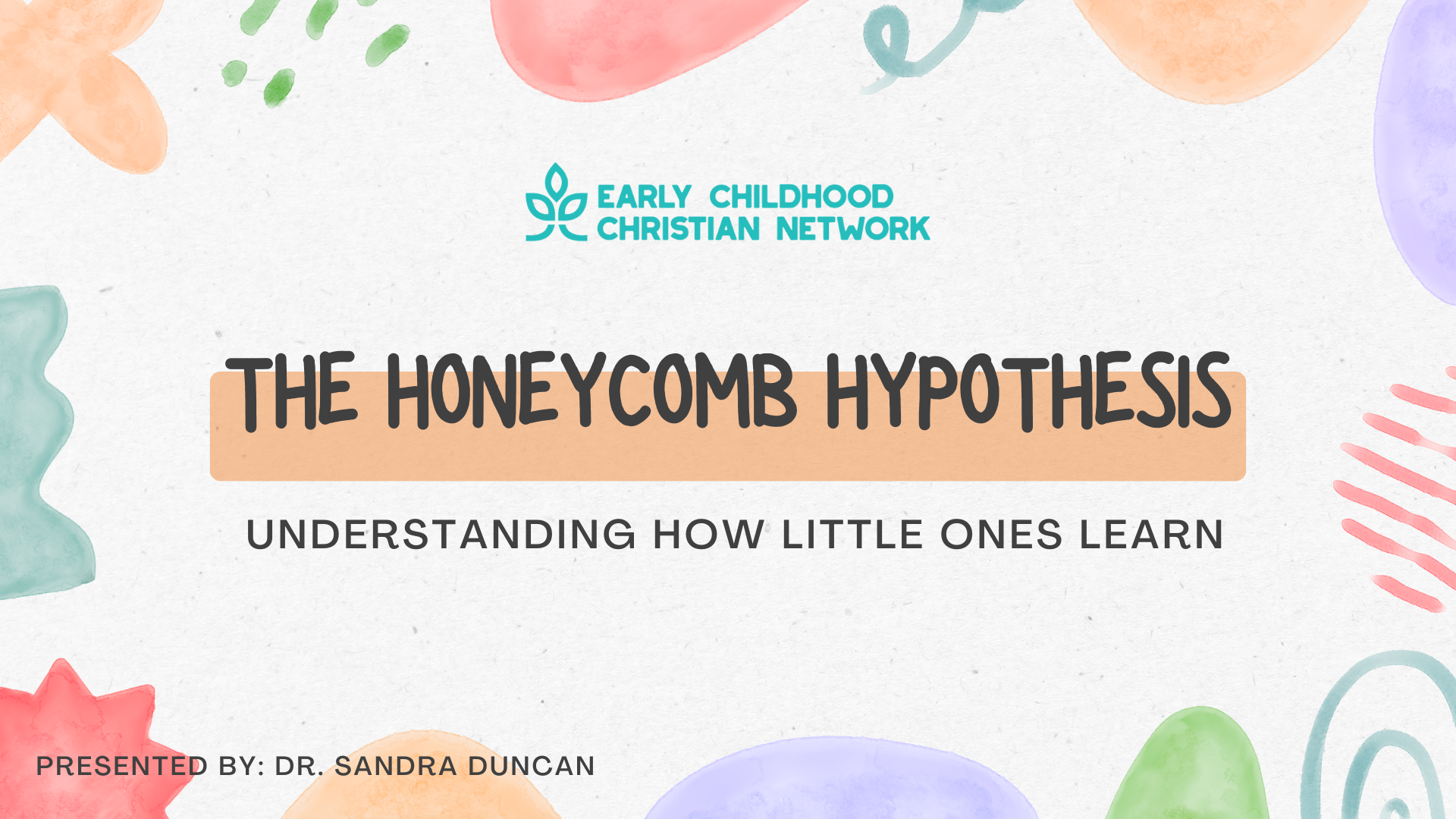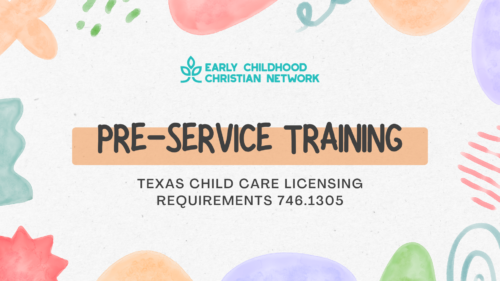Honeycomb Hypothesis – Understanding How Little Ones Learn
$15.00
Certificate for 1 hour of training is available upon completion of the course.
Description
The Honeycomb Hypothesis Unlocking How Very Young Children Learn Through Nature
Have you ever observed honey bees flitting around and nosing up to sweet smelling flowers? Pause to observe them and you may notice just how these little wonders of nature are busily gathering sweet nectar and pollen to carry back to their hives. This repeated gathering, collecting, taking, and placing the nectar and pollen in the hive is innate and instinctive. Honey bees happily buzz back and forth, back and forth, and repeat the process so quickly you may grow dizzy as you observe. The same is true for the very young child. The only difference is wee ones are collecting bits and pieces of data from the environment to give to their honeycomb brains. This presentation uses the analogy of a honey bee to help you learn how children learn and offers plenty of practical ideas for hands-on experiences with nature for infants, toddlers, and two-year-old children. Use the rich hands-on experiences and ideas for fostering young children’s true understanding of their worlds through open-ended nature exploration. And, watch the young honey bees in your classroom fly to new and inspiring heights. Core Competencies: Learning Environments (3.1) 746.1309 (b.1,3) Child Growth & Development, Age-appropriate Curriculum
Dr. Sandra Duncan – Working to assure the miracle and magic of childhood through classroom environments that are intentionally designed to connect children to their community and neighborhoods, Dr. Sandra Duncan is an international consultant, an author of six books focused on the environmental design and layouts of early childhood classrooms. She holds a Bachelor of Arts in Elementary Education from Western Michigan University, a Master of Science in Elementary Education from Indiana University and a Doctorate of Education from Nova Southeastern University. (Trainer Criteria (a.4,5) of Minimum Standard 746.1317)





